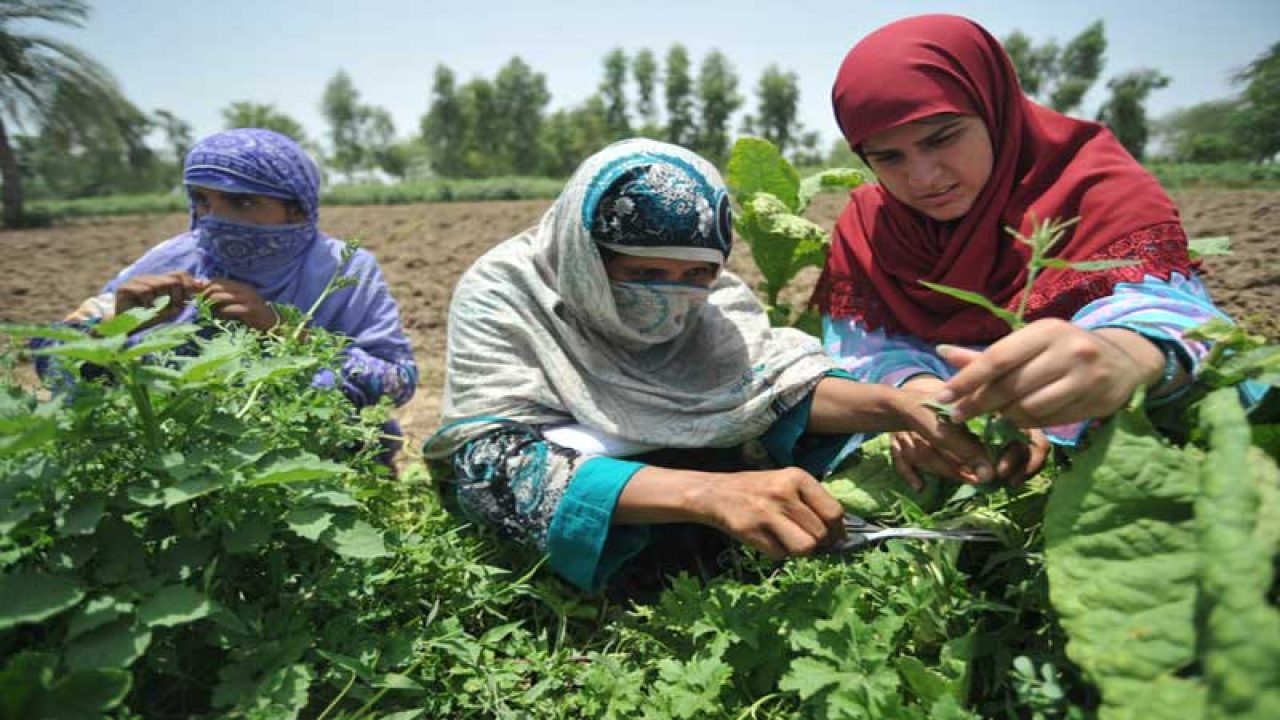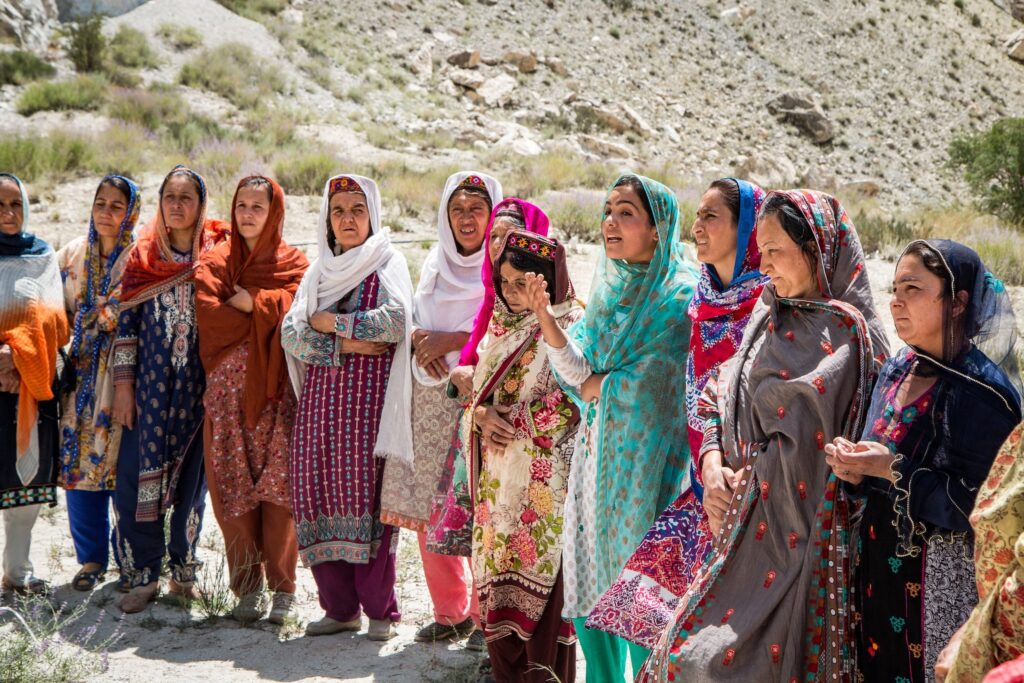
Empowering Women with Green Energy: Building Resilient and Sustainable Communities
Introduction:
The global community is faced with the urgent need to address climate change and promote sustainable development. Renewable energy has emerged as a crucial solution to reduce greenhouse gas emissions and increase access to clean and reliable energy. However, in order to achieve meaningful impact, it is essential to ensure women’s active involvement in climate-resilient community-based renewable energy projects. This essay will explore the importance of women’s participation in such projects and its impact on energy access and income generation.
The Importance of Women’s Involvement in Climate-Resilient Community-Based Renewable Energy Projects:
Women, particularly in developing countries, are disproportionately affected by climate change and have limited access to energy resources. They often bear the burden of gathering fuelwood and are exposed to indoor air pollution, leading to adverse health effects. Moreover, the lack of access to energy hinders their participation in education, income generation, and decision-making processes. By involving women in renewable energy projects, we can address these challenges holistically. Women have valuable knowledge and skills that can contribute to project planning, implementation, and management. Their perspectives can lead to more inclusive and effective solutions that meet the needs of both men and women in the community.

Fostering Energy Access for Women in Rural Areas:
In rural areas, women face significant challenges in accessing energy services. They often rely on traditional and inefficient energy sources, such as biomass and kerosene, which have detrimental effects on their health and the environment. Decentralized renewable energy solutions, such as solar lanterns and mini-grids, can play a pivotal role in providing clean and reliable energy to rural communities. When women have access to these energy sources, they are equipped to enhance their well-being and that of their families. Women can engage in income-generating activities, such as handicrafts and small-scale enterprises, which are dependent on energy access. Furthermore, access to clean energy improves household productivity, as it enables better lighting, cooking, and education opportunities for children.
Income Generation through Women’s Participation in Renewable Energy Projects:
One of the key benefits of involving women in renewable energy projects is the potential for income generation. Women have demonstrated their entrepreneurial abilities and capacity to manage and operate renewable energy initiatives. By engaging women as entrepreneurs in the production, distribution, and maintenance of clean energy technologies, they can generate income and contribute to economic development. For instance, women in rural areas can become micro-grid operators or technicians, providing maintenance services to the community. Moreover, women-led enterprises in the renewable energy sector can foster economic empowerment and contribute to the reduction of gender inequalities.
Overcoming Gender Barriers and Promoting Women’s Participation:
Despite the immense potential, there are several gender barriers that hinder women’s involvement in renewable energy projects. These barriers include limited access to financial resources, lack of technical skills and knowledge, cultural norms and stereotypes, and limited representation in decision-making processes. It is crucial to address and overcome these barriers in order to promote women’s participation effectively. Capacity building programs, vocational training, and mentorship initiatives can equip women with the necessary technical skills and knowledge. Awareness campaigns can challenge societal norms and stereotypes, promoting gender equality. Additionally, creating an enabling environment that supports and encourages women’s involvement, such as providing access to finance and promoting gender-responsive policies, is essential.

Case Studies: Successful Women-led Renewable Energy Projects:
Several successful women-led renewable energy projects serve as inspiring examples of the positive impacts of women’s involvement. In India, the Barefoot College empowers rural women to become solar engineers, enabling them to install and maintain solar panels in their communities. This initiative has expanded access to clean energy in remote areas and empowered women with valuable skills and income. In Tanzania, the Solar Sister program supports women entrepreneurs in selling solar products, creating economic opportunities while promoting renewable energy. These case studies highlight the transformative potential of women’s involvement in renewable energy projects.
Conclusion:
Empowering women with green energy is crucial for building resilient and sustainable communities. Women’s involvement in climate-resilient community-based renewable energy projects enhances energy access for rural areas, promotes income generation opportunities, and contributes to sustainable development goals. By overcoming gender barriers and creating an enabling environment, we can harness the expertise and potential of women to drive the transition towards a low-carbon future. It is imperative to continue supporting and investing in initiatives that promote women’s participation in the renewable energy sector. Only through inclusive and gender-responsive approaches can we achieve a sustainable and equitable world.
All Categories
- Agricultural Methods
- Agriculture and Women Small Farmers Rights Awareness
- Climate Change
- Disable and Human Rights
- Disable Jobs
- Donation
- Education
- Health Issues
- Organic Foods
- Organic Vegetables
- Orphans Children
- Plastic production and disposal
- Services
- Sinking in Scarcity
- Success Stories
- Uncategorized
- Waste Management
- Women Rights
- Youth Empowerment




